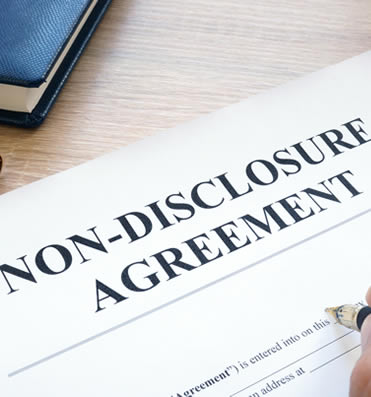Order of Non-Disclosures and Expungements

Do you need help removing damaging information from your criminal records? Does your criminal record stop you from having a successful future? You may want to consider having your record seal or expunged from your criminal record. Depending on the type of offense and the surrounding circumstances, you may be eligible to file for either an expunction or a nondisclosure.
Petition for Nondisclosure compared to Expunction
Filing a petition for nondisclosure requires you to have successfully completed your deferred adjudication. If granted, it will hide your record from the public from accessing your records. If your case was dismissed, you may qualify for an expunction. An expunction basically destroys the record as if the allegations never occurred.
Criminal Nondisclosure:
If you have received and successfully completed deferred adjudication, you may be eligible to seal your record, meaning the record will still exist, but agencies are prohibited, in most cases, from providing it to anyone.
If you have been charged with a felony and complete your deferred adjudication, you may apply for a petition of nondisclosure three years after the date of completion. If you were charged with a misdemeanor, the waiting period could be anytime between the date of completion up to two years, depending on the criminal charge.
There are some offenses that are NEVER eligible to be sealed. Those include:
- Family violence offenses
- Sex offenses
- Child abuse
- Abandoning or endangering a child
- Abuse of an elderly or disabled person
- Murder
- Capital murder
- Violation of a protective order
- Stalking
Criminal Record Expungement
If you have been convicted of a criminal offense, you will not qualify for an expungement. An individual can expunge their record:
- If an alleged offender was charged with an offense but later acquitted;
- If an individual was wrongfully accused of a criminal offense;
- If an alleged offender was charged with an offense, but the charges were subsequently dismissed; and
- If the alleged offender was convicted of the offense, but later pardoned.
Depending on which situation applies to your case, it may be eligible to be expunged immediately.
If you would like to discuss whether your case is eligible for an order of nondisclosure or expungement, contact attorney Tesa Jackson – Michael.
To schedule a free consultation, call 817-487-3133
Contact Us
If you are unable to visit us or reach us at the office, please feel free to contact us by completing our online contact form below.

